I have always been fascinated by the history of science and the life of scientists and mathematicians. It is always a source of inspiration to me. Sometimes, I even read a biography and autobiography, if available, about the same scientist to see him/her from different perspectives. At the beginning, I have just been enjoying reading these pearls. But, as I give it more thought, I found many other.
By reading history of science, we learn how inventions and scientific discoveries really happen. We get the feel of the hard work and the countless failed experiments and ideas before something really materializes. This will be a good lesson to all of us. It is perfectly fine, even desirable, to fail sometimes, if we don’t give up. We learn that discoveries are not pure luck, even if it appears so. Newton spent 14 years working before coming up with the laws of motion. So, it is not a one second of revelation, after seeing a fallen apple, that led him to his seminal discovery. The great Egyptian scientist Ali Mostafa Mosharafa said that science is the search for truth. So, it is a search. Which means we may sometimes go on a wrong path. But we learn and readjust.
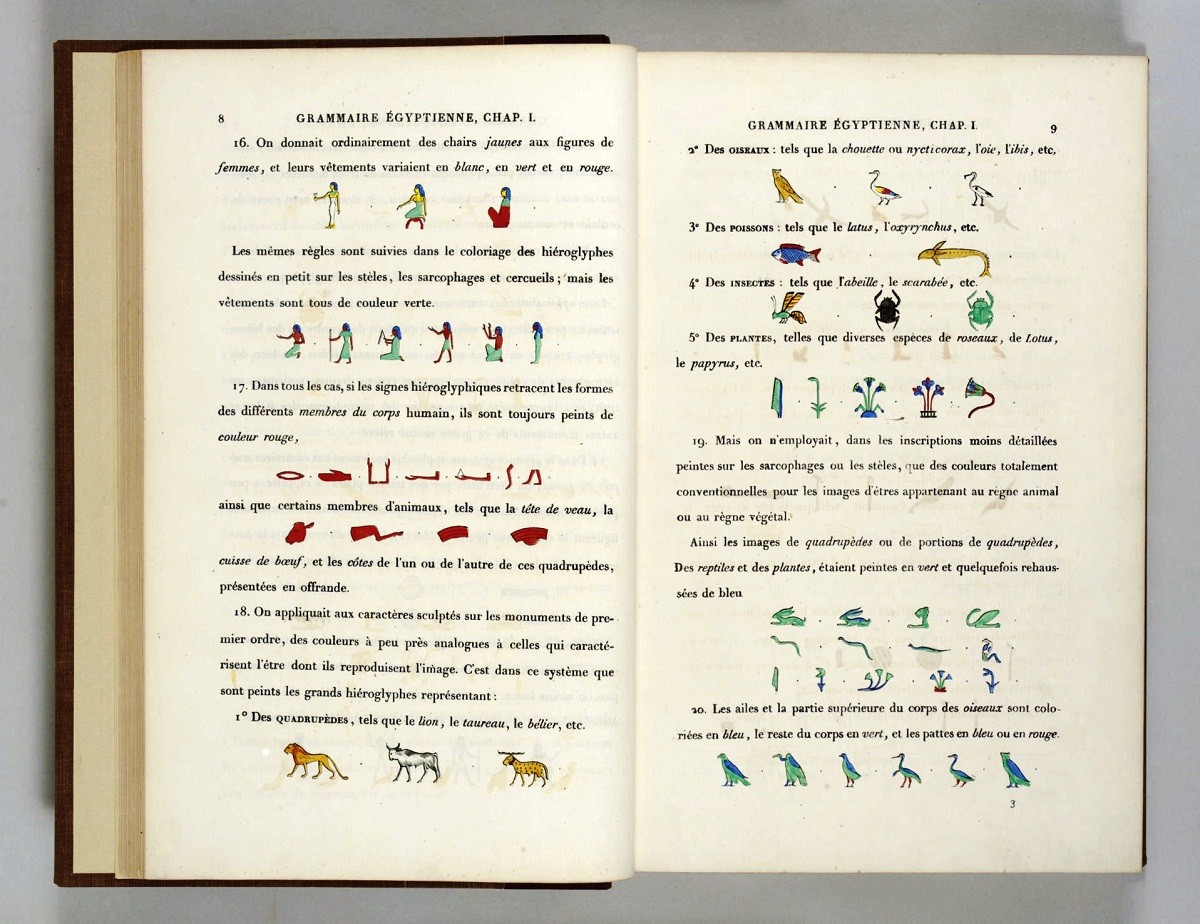
Another important lesson is that scientific research is not a single person activity. It is a group activity where each person is contributing a piece. The idea of the mad scientist or the lone wolf who changes the world alone can be found only in sci-fi movies and novels. You must be a very good team player if you want to be a successful scientist.
Reading the story behind an invention or a scientific discovery gives us a deeper understanding of the scientific concept behind it. These behind-the-scene stories show us all the failed attempts at reaching the discovery and how the scientist, or group of scientists, coped and learned from these failures to reach the final successful discovery. Psychologists told us that stories are the best teachers! So, let’s read stories about science and scientists!
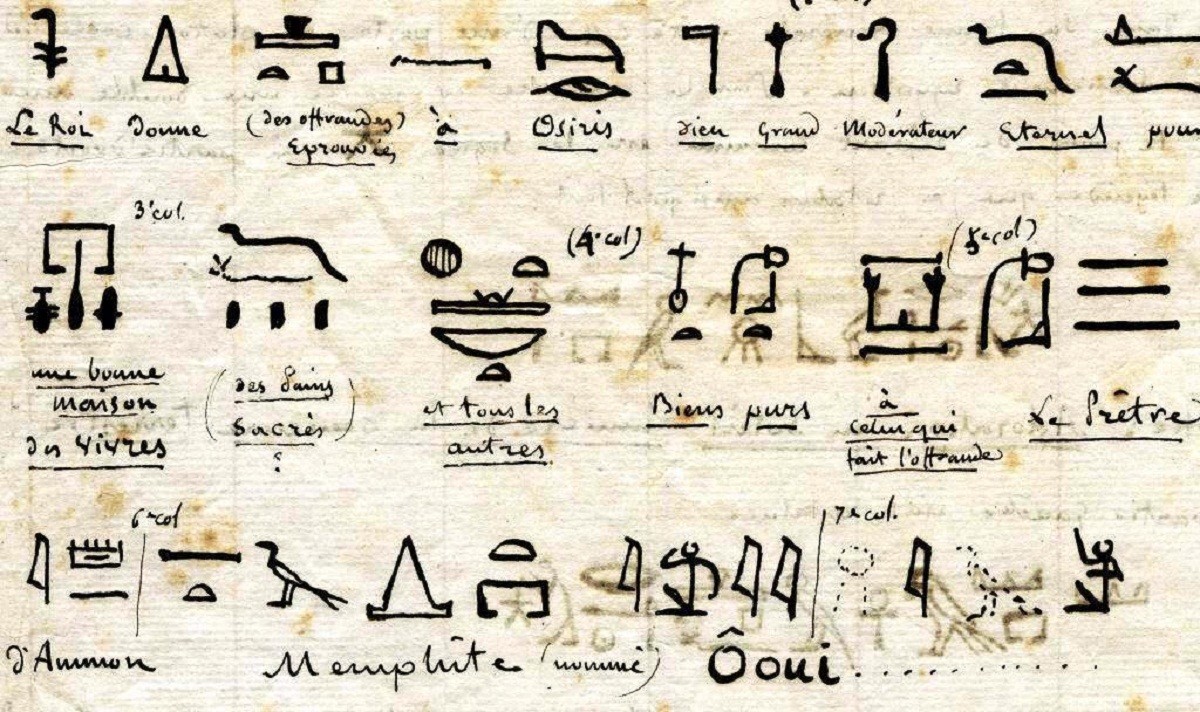
The best biographies show us the train of thoughts of the scientist and this is very useful. We learn how to think logically. Read the autobiography of Nikola Tesla for example and you will learn how he designed his experiments, how he interpreted the result, etc.
Biographies will also show us that the very successful scientists are not super-humans. They still have failed research, rejected papers, personal problems, etc. It is OK to be human by the way! If you read a biography that does not discuss the challenges faced by the scientist or his/her failures, then it is not a real biography but just a marketing tool!
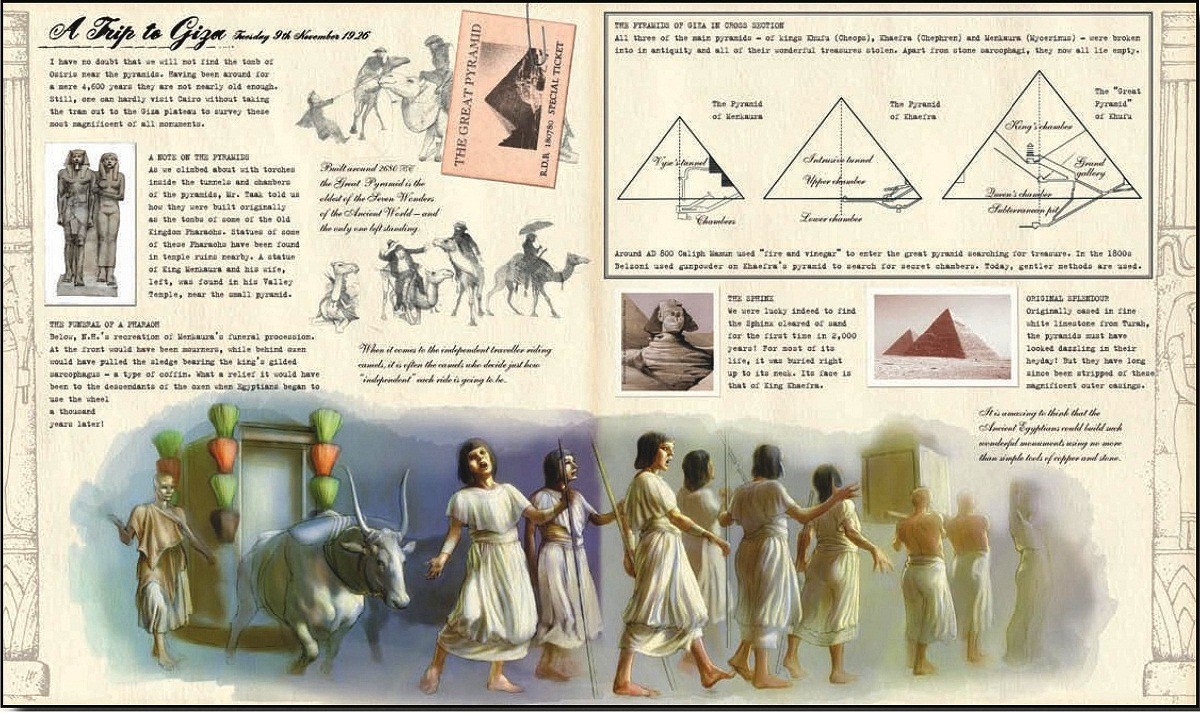
If we look at our scientific history in Egypt in the last 150 years only, we will be surprised by the large number of bright stars we have, and people know nothing about them. We all know Ali Mostafa Mosharafa because there was a TV series about him. But have you heard about Ahmed Zaki Akef? He is the second one to receive D.Sc (doctor of science and is more prestigious than a PhD) in Africa after Mosharafa. He was a professor of chemistry at faculty of Science at Cairo university. He directed the chemical association of Egypt and then directed what will be known afterwards as the National Research Center. He was a great science communicator and was one of leaders who introduced science to the masses. He even co-founded Al-Araby magazine. The famous magazine from Kuwait that celebrated its 60th birthday last January 2019.
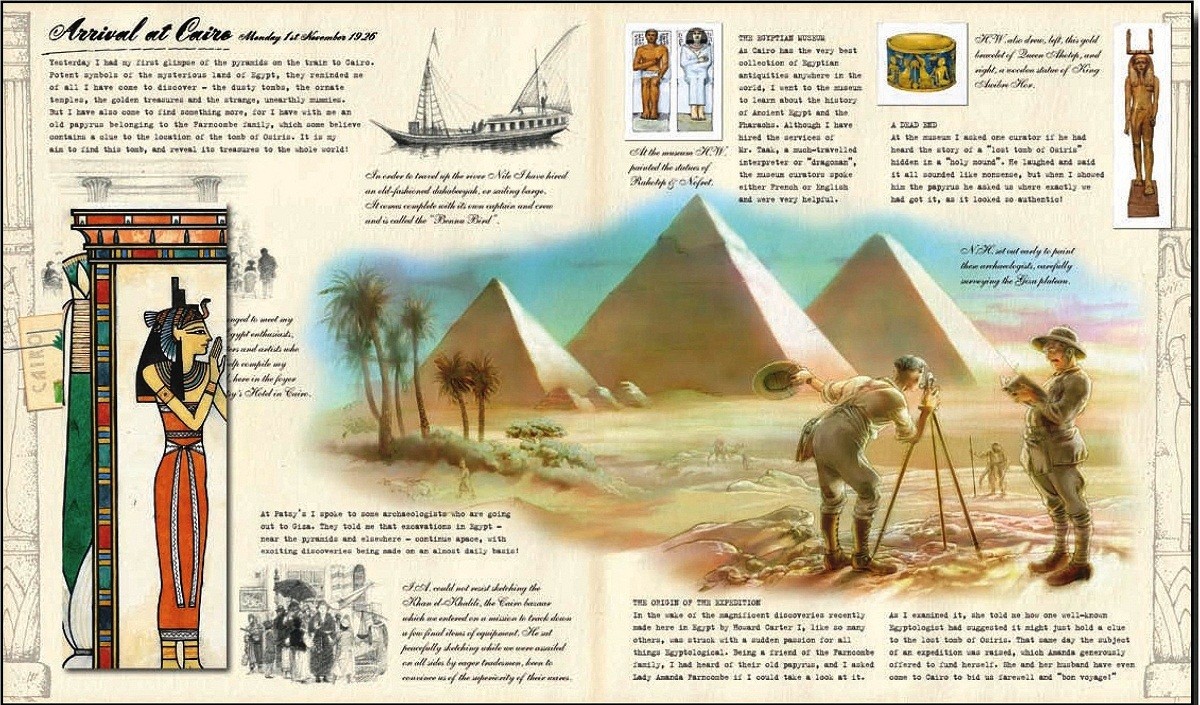
Have you heard about Ahmed Reyad Torky, who was the first Egyptian to earn a PhD in chemistry, in the 1920s from Germany? Have you heard about Hassan Alfaton who was a pioneer in insects research? How about Mohamed Kamel Hussein, who received the national award for both science and literature? And many other great Egyptian scientists are totally unknown to the public. I believe it is about time to establish, or revive, the Egyptian Association for the History of Science.
There was a magazine called The Magazine of the Egyptian Association for the History of Science. There were only nine issues of this magazine since 1952! I tried to search the internet about any trace of this association but did not find much. This association will play a crucial role in our current time in Egypt. It will help spread the inspiration and love of science among the new generation. It will fuel critical thinking. And who knows, maybe we will soon see an active branch in history departments in Egyptian universities about the history of science. Our Egyptian scientists deserve that.
Professor at the New York University

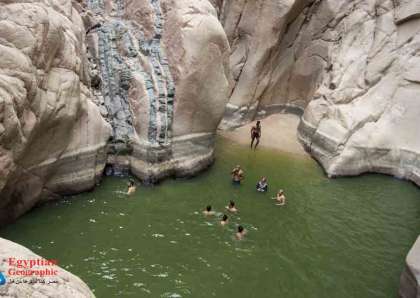


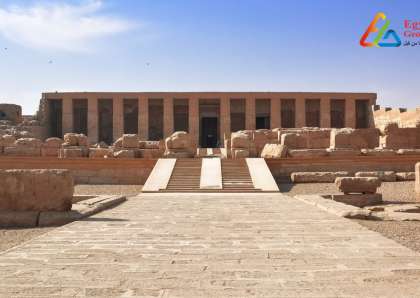
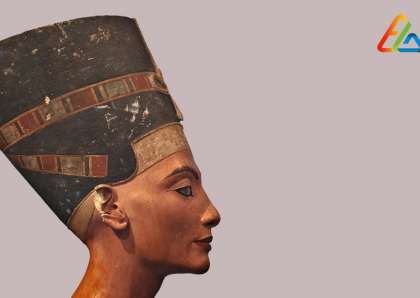
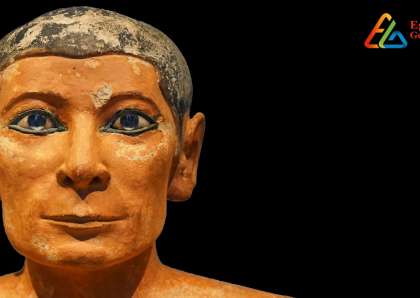
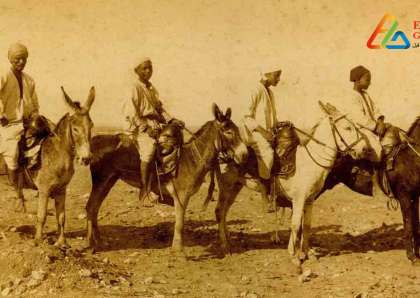
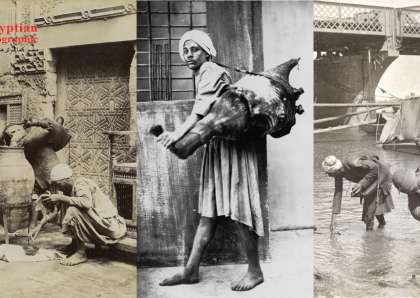
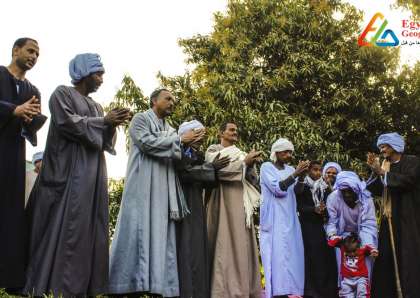



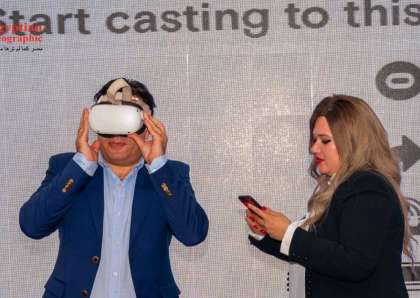
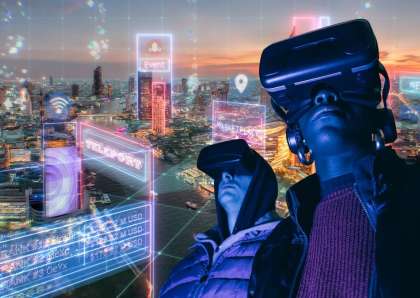



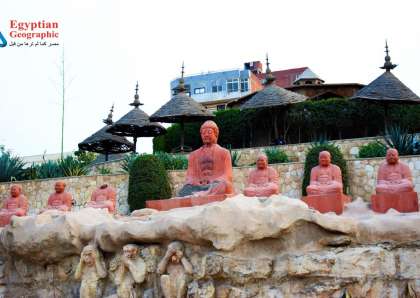
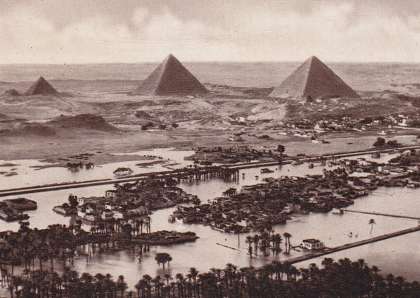
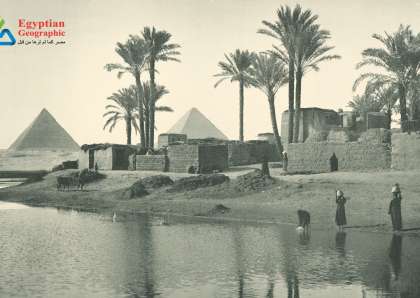
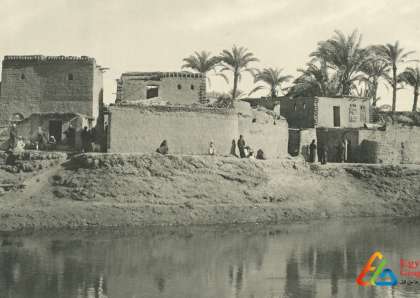

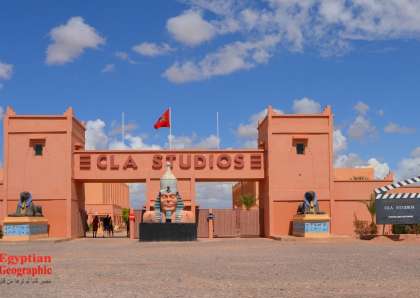

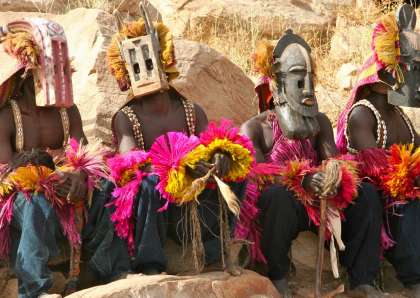


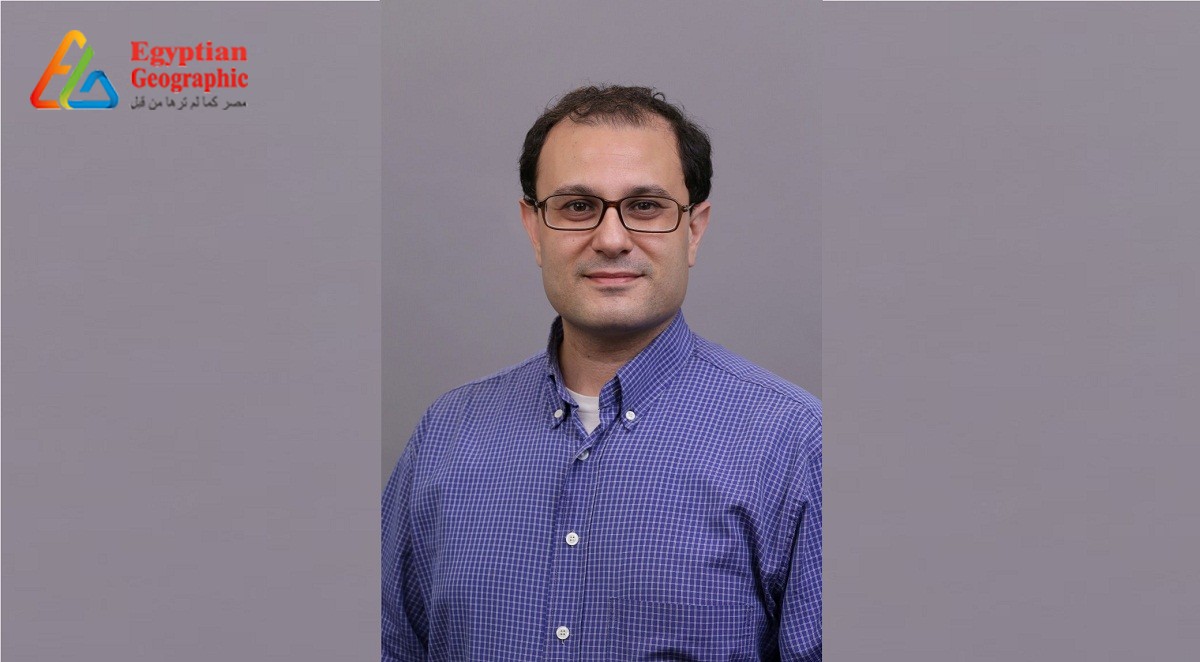





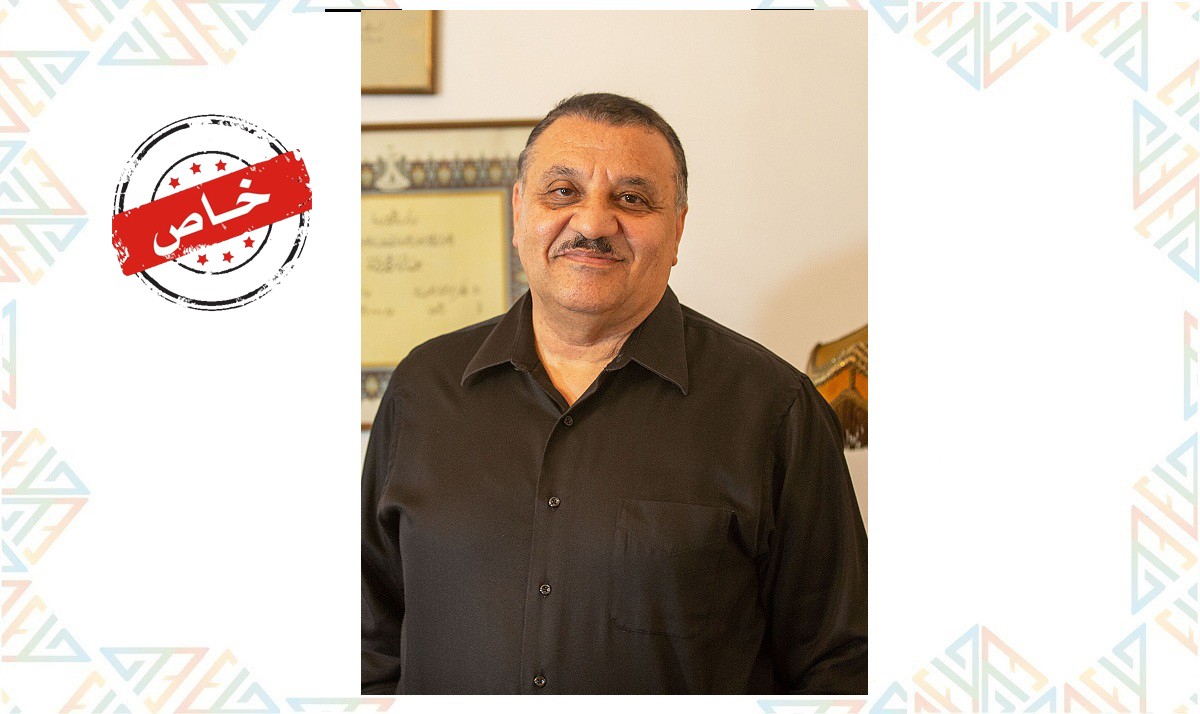





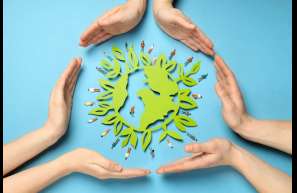


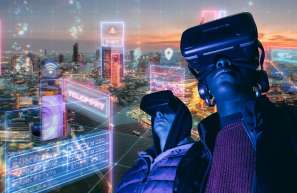

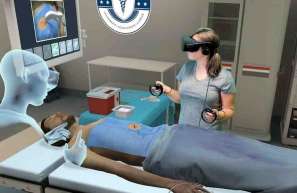
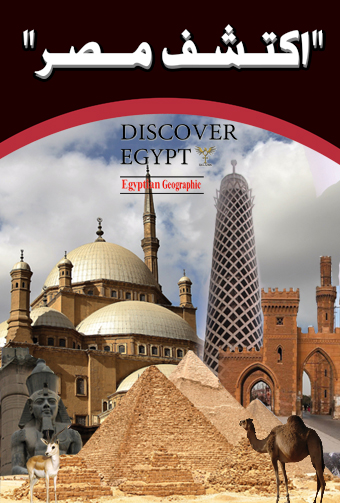
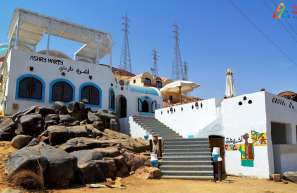
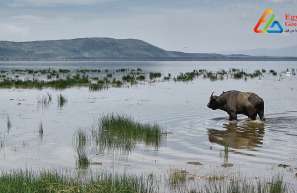
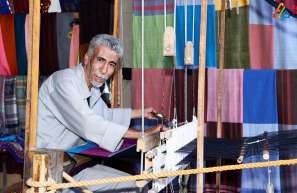
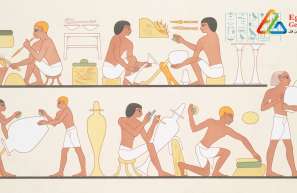

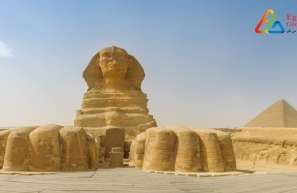
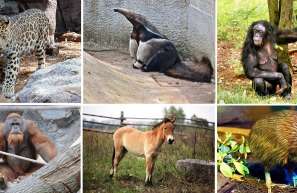


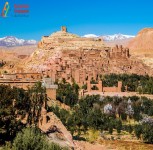



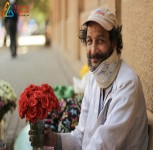


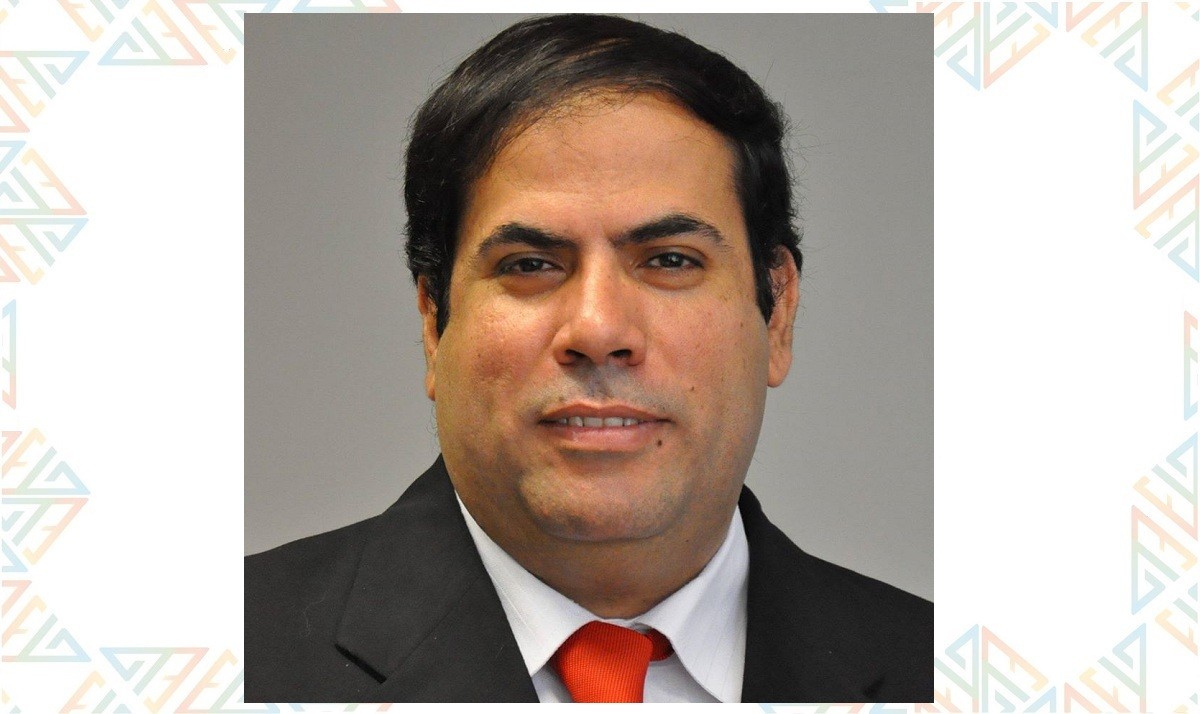
مجلة علمية معرفية وثائقية تتناول الشخصية المصرية